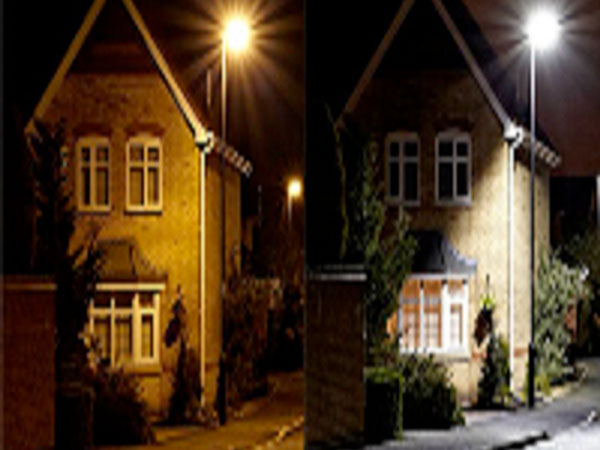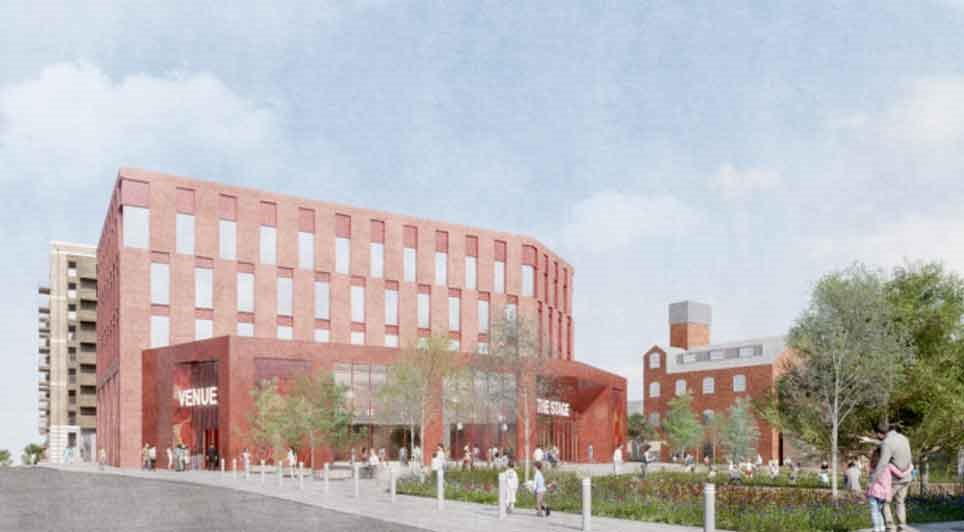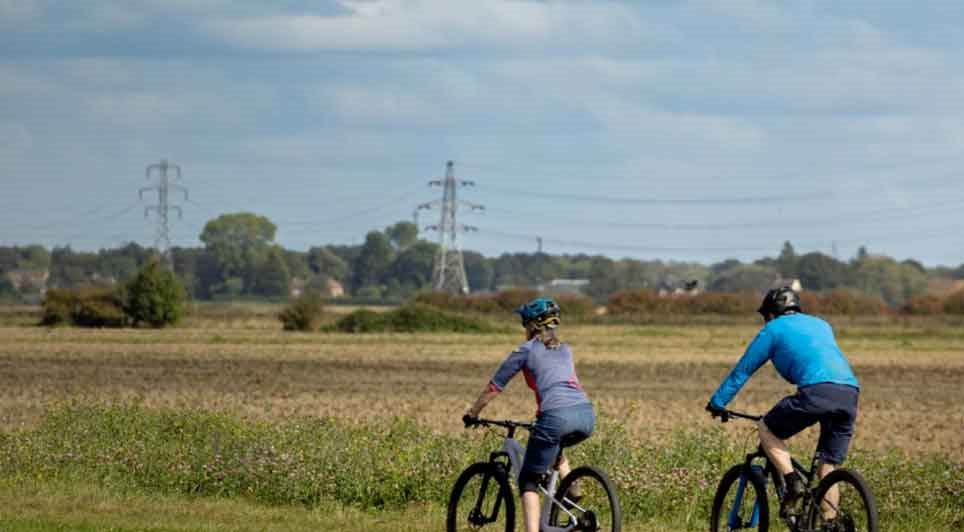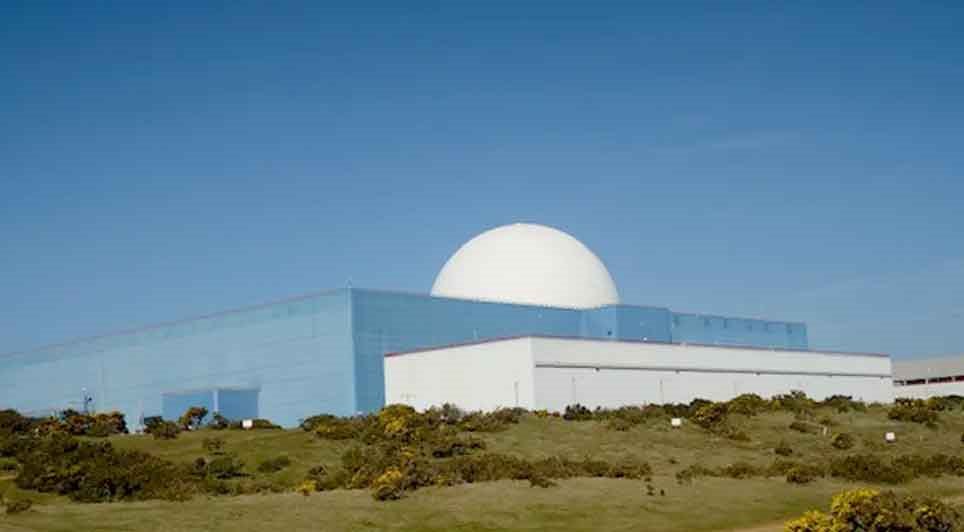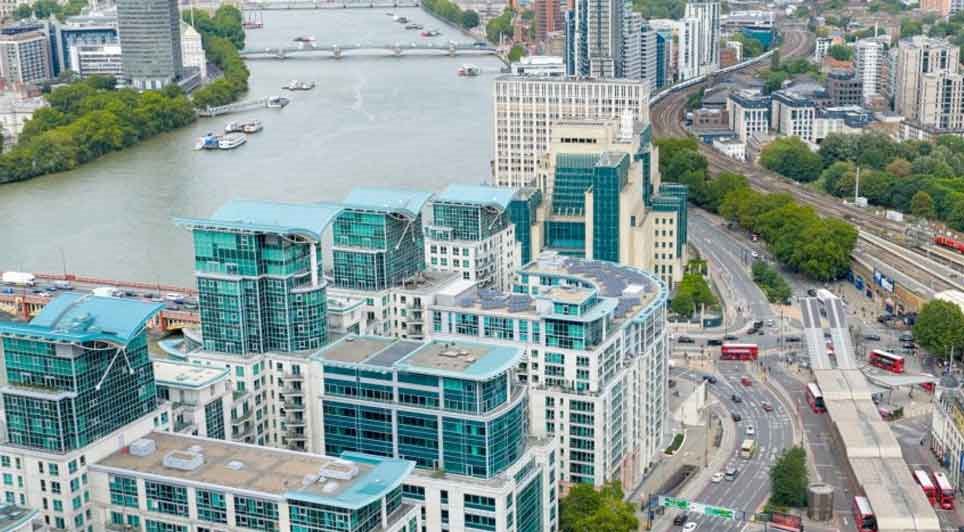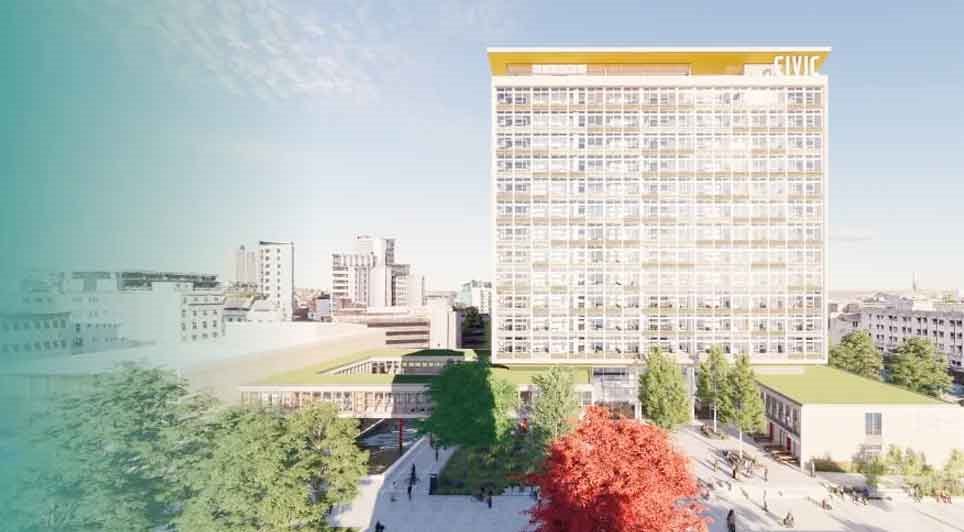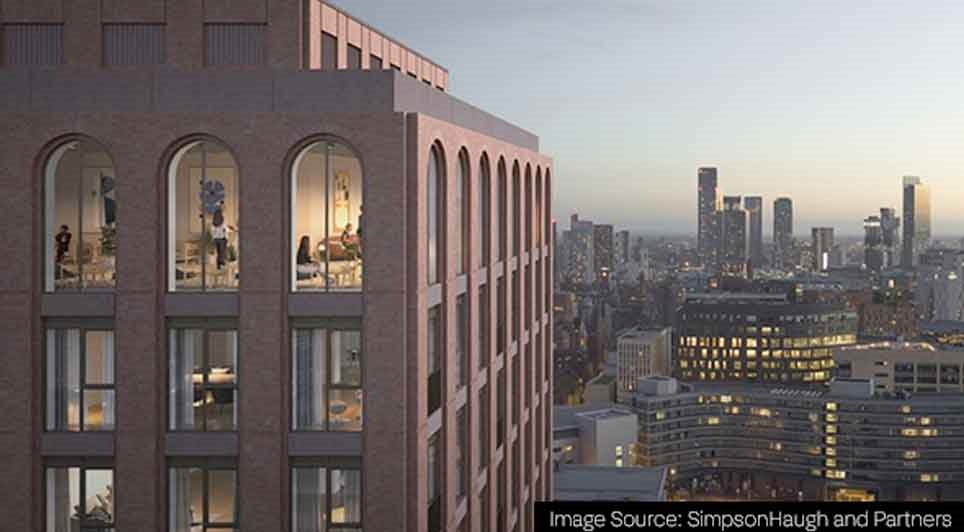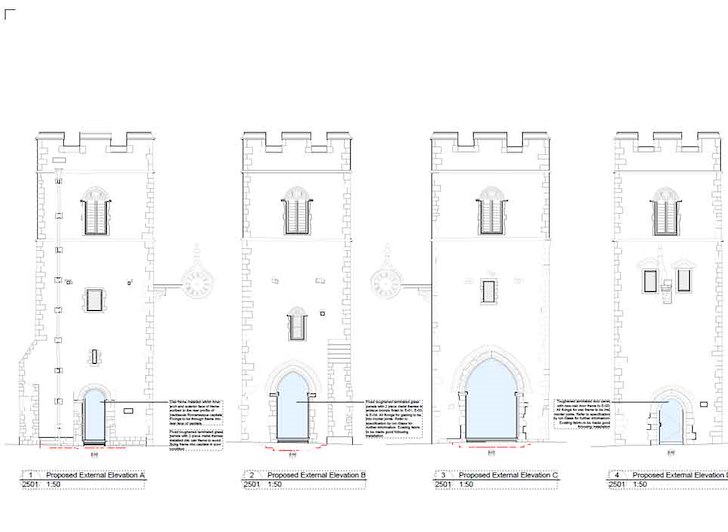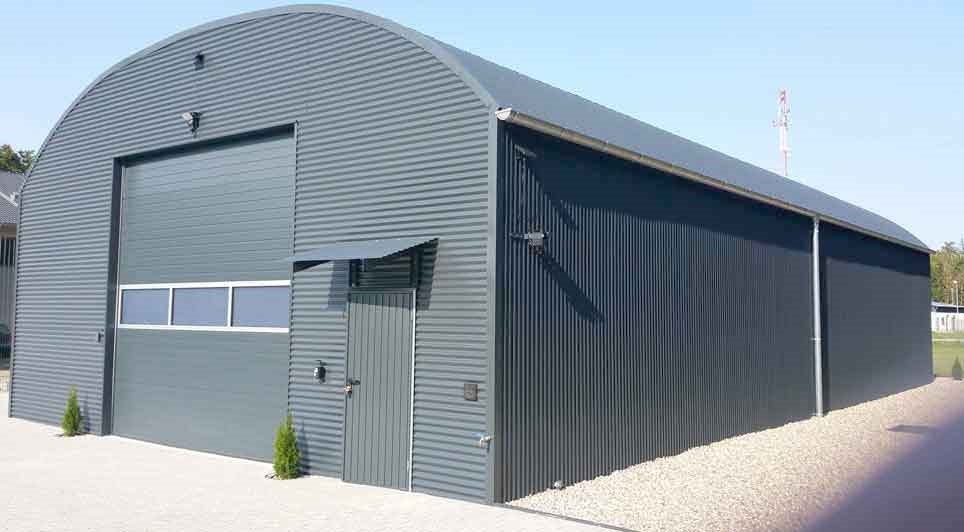Amey has teamed up with Walsall Council on a conversion programme, worth over £10 million, involving approximately 23,000 existing streetlights moving them to light emitting diodes (LED) with a central monitoring system (CMS) technology.
Work will be carried out by Amey's Streetlighting team, who will deliver a modern, energy efficient street lighting solution that provides the ability to finely control light output in accordance with the local need whilst still maintaining appropriate lighting standards. The conversion will also significantly reduce energy consumption and contributing to the Council’s aim of becoming carbon neutral by 2050.
The current annual carbon emission from Walsall's street lighting is 7,715 tonnes. Following conversion to LED and CMS, the annual carbon emissions are estimated to be 2,589 tonnes.
Dave Brown, Director of Place and Environment at Walsall Council said: "Conversion of streetlights to LED and CMS control forms an integral strand of the Walsall Council Climate Emergency Action Plan 2020 – 2025.
"The fault reporting facilities within the CMS will further reduce the need for on-site routine maintenance checks and therefore ongoing maintenance costs.
"As well as these benefits, by investing to save now, we are protecting the public purse for the future."
The provision of modern street lighting infrastructure will assist with the fear of crime as LED will provide instant light output at full power without the need for a gradual warm up period. LED lighting will also provide for better colour rendering and shape definition making it much easier to identify people and objects on the public highway.
Nick Powell, Account Director at Amey, said: "We are delighted to be working with Walsall Council to replace around 23,000 existing streetlights from conventional luminaire with the latest LED technology over the next two years. The works will increase energy saving, improve service delivery and will enable lighting to respond to citizen needs.
"We know from experience that these works will save on average in excess of 60% energy usage for the Council, reducing costs as well as saving thousands of tons of carbon emission involved in generating electricity."
 UK
UK Ireland
Ireland Scotland
Scotland London
London

